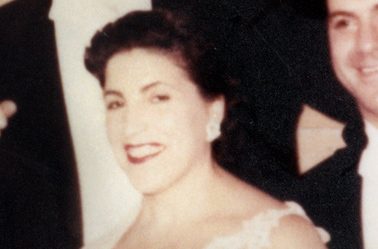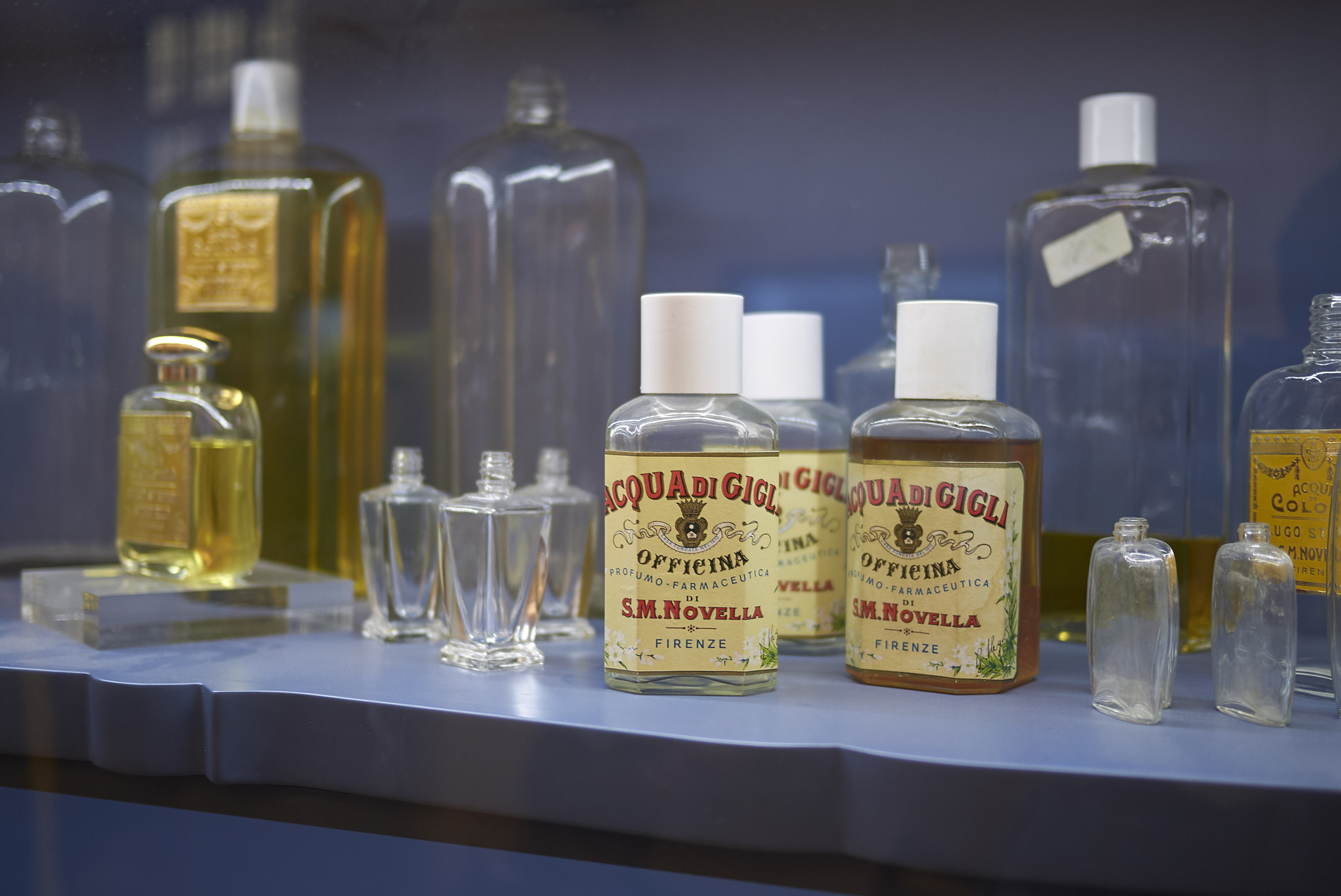What is the secret of longevity? Sometimes it may be a life full of passion, adventure, and dedication to family and work, as it was Licia Albanese’s.
On August 15, 2014, the Italian-born operatic soprano Felicia Albanese peacefully passed away in her apartment in New York at the age of 105. She is survived by her son, Joseph Gimma, two grandchildren, and three great-grandchildren.
Licia Albanese made her (unofficial) debut in Milan in 1934, replacing an absent singer in Puccini’s opera Madama Butterfly. Since then, she performed the tragic role of the geisha Cio-Cio San over 300 times throughout her career, and it became her most loved even if she also interpreted other famed female leads, including Violetta from Verdi’s La Traviata, Manon Lescaut, and Mimì from Puccini’s La Bohème.
In just a few years she achieved great success in Italy and Europe, singing at La Scala in Milan and Covent Garden in London among other prestigious opera houses.
In 1940, she moved to the United States, where she remained a beloved star of the Metropolitan Opera in New York until 1966, appearing in more than 400 performances and 16 operas – mainly by Italian composers the likes of Giuseppe Verdi and Giacomo Puccini – alongside great artists such as Franco Corelli, Beniamino Gigli, Tito Schipa, and Giacinto Prandelli. She was also a favourite of renowned conductor Arturo Toscanini. In addition, Licia Albanese sang in over 20 seasons of the San Francisco Opera, directed by Gaetano Merola, as well as in several recitals, concerts, and to entertain the U.S. troops.
According to some critics, her voice range wasn’t unusually large nor beautiful, but it had a distinctive and incisive character capable of an intense emotional impact on the audience. Therefore, she was mainly known and appreciated for her acting talent – especially when playing the role of Puccini’s passionate and ill-fated heroines – and for her singing technical skills.
In 1974, together with her husband, Wall Street broker Joseph A. Gimma, she founded the Licia Albanese Puccini Foundation with the aim of assisting young and promising opera singers in pursuing an international career through awards, study grants, scholarships, and master classes.
“I have been fortunate to have had a long and wonderful career as an international opera singer since I made my debut at the Teatro Lirico in Milan in 1934,” she wrote in 2009. “However, I could not have achieved such success over the past 35 years without the generosity and support of my loyal fans, former students and opera lovers. I am extremely grateful for your continued support and devoted loyalty in assuring that the unwavering commitment of the Licia Albanese Puccini Foundation will continue to assure the glorious music of opera for future generations.”
Born in 1909 in the small town of Torre a Mare, near Bari, in southern Italy, Licia Albanese became a naturalized U.S. citizen in the 1940s. In recognition of her cultural contribution, she received two very important U.S. honors: the National Medal of Honor for the Arts, bestowed on her by President Bill Clinton in 1995, and the Handel Medallion by New York Mayor, Rudolph Giuliani, in the year 2000.





























